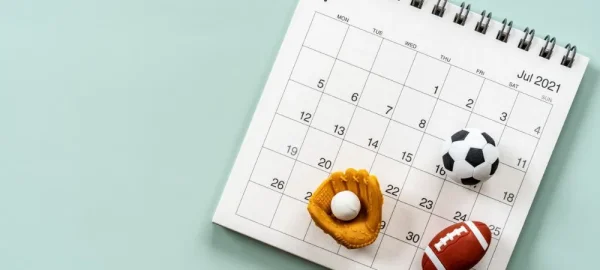How Simply Practicing Gratitude Can Improve Your Mental Health
Journaling is a great way to practice expressing gratitude.
As the new year begins, a common occurrence for people is to start new practices that we think will better ourselves and our lives. These practices could include starting to exercise more, eating healthier, sleeping better, being more aware of self-care, and more. When we look at these resolutions, most people would think that doing these things will make them immediately happier. However, going through with resolutions like these is hard to execute regularly because of their complexity and difficulty. Therefore, you often do not achieve the happy ending you were hoping for. On the other hand, it has been proven through psychological studies that smaller, more manageable practices ,such as practicing daily gratitude, have many of the mental benefits of working out and eating healthy, but in a simpler, more manageable way.
Gratitude, or becoming aware of and acknowledging the things that we are grateful for, can be very helpful in our everyday lives. There have been many studies on the mental and physical benefits of expressing gratitude and having an appreciative outlook on life. Some of these positive outcomes include better sleep and an increase in both lifespan and overall happiness. In a study by Hongyu Liang, a professor in the school of psychology at South China Normal University, it was discovered that expressing gratitude can help reduce anxiety and depression. One of the main benefits of expressing gratitude is the feeling of hope that it brings. Being mindful of the things in the world and your life that you are grateful for can help you feel more connected to those around you and to the broader global community.
Practicing gratitude regularly has been supported by many credible sources, including numerous studies. In this Harvard Medical School article, the author says that “Gratitude helps people feel more positive emotions, relish good experiences, improve their health, deal with adversity, and build strong relationships.” So, even if it might just seem as if it is ‘hippie-dippie’ nonsense, practicing gratitude actually does work.
With that said, it is true that just practicing gratitude will not solve all of your problems. If you believe that seeking actual medical help will benefit you, that is okay.
In my personal experience, I have found that expressing gratitude has helped me in my daily life. There are many ways to express gratitude such as journaling, praying, or simply telling someone in your life that you are thankful for them. The way that I like to express gratitude is by creating a long list of things I notice in my life that make me happy. Taking time out of my day to acknowledge the small things in life makes me more aware of them and more grateful for the rest of my environment. The items on my list range anywhere from “really good hair days” to “finding loose change” to very broad topics such as “learning something new”. I actually didn’t start my list with the intent to practice gratitude. Instead, this list is simply a list of things I love about being alive and human. But, when I started to think about it, this is my way of practicing gratitude, and it has opened my eyes to the beauty in everything around me. Because of this, I can say that I am overall happier now.
I also think that practicing gratitude can be a great way to cheer a friend up. Sometimes, when you or a friend is sad, anxious, or overwhelmed, you think about everything in a macroscopic way, in turn overwhelming yourself even more. Taking the time to name just three to five small things that you are grateful for can help ground yourself and make you realize that there indeed are positive aspects of your life..
Expressing gratitude can be done in many different ways. There is no correct way of expressing gratitude.
Fellow Berkley High School student, Sydni Hite, practices gratitude by “focusing [her] energy on making others’ days brighter”. She volunteers often and sometimes pays for others’ orders in drive-through lines.
Doing things like this helps her “to remember to be thankful for what [she does have] that others do not.”
The way that we both express gratitude are very different, but they both work to make ourselves happier. “It definitely helps my mental health which is something I have struggled with in the past,” said Hite.
Even if it doesn’t solve every problem you have, it can be nice to acknowledge the small beautiful things in the world or even add a little goodness to the world in any way you can. Expressing and practicing gratitude does not have to be a chore, it should be fun and thoughtful. Although it has many great benefits if done daily, practicing gratitude even just every now and then can help brighten your day.

Hello! My name is Morgan, and I am Student Life editor this year! I am a senior and this is my second year on staff. I love writing for The Spectator because...







